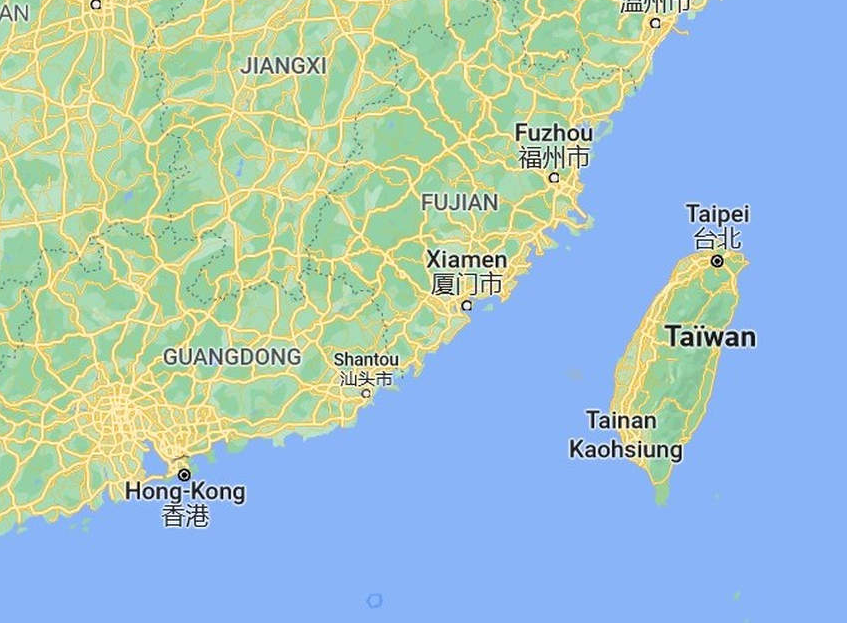 Parler
Parler Gab
Gab
Chinese EVs expanding into Europe
BYD's achievement comes as more Chinese electric carmakers focus on becoming key players in the international EV market, specifically by expanding into Europe. According to reports, BYD already sells five versions of its EVs in Europe and has plans to launch at least three more this year. BYD's cars can be purchased in one of the company's 230 retailer stores across 19 countries in the continent, including Belgium, Denmark, France, Germany, the Netherlands, Norway and Sweden. The company has also recently declared its plan to build a new production center in Hungary – just months after it first broke ground on its sales operations in the country in October 2023. "While the China market is one of the pioneers entering into the era of EVs, we believe moving overseas [by building factories in the overseas market rather than just shipping vehicles manufactured in China] is the only way for China's leading carmakers to achieve success in the global market in the long run," said Joel Ying, an auto analyst for Nomura China. "Given [BYD] already has a bus factory in Hungary, we believe the decision to build the first European Union (EU) PV [photovoltaic] factory in Hungary will help BYD to minimize the potential risks in the overseas market," continued Ying's report. BYD similarly stated that it was considering multiple countries in the EU as candidates to build its first European factory, noting that the United Kingdom was immediately disqualified due to the perceived effects of Brexit. BYD added that production at the new passenger car facility in Hungary will be highly automated, and the company will take advantage of its expertise in integrated vertical supply chains to meet the bloc's steep environmental targets. The plan is for this new factory to be built adjacent to a battery manufacturing facility BYD will also be building in Hungary. With its expansion into Europe, BYD hopes to annually sell 800,000 cars in Europe by 2030. During the first 10 months of 2023, Chinese carmakers exported 280,000 vehicles to the EU. BYD's goals in the continent could be hampered, as the European Commission – the EU's main executive body – is currently conducting an anti-subsidy investigation into BYD and its importing of Chinese electric vehicles into the bloc. European Commission President Ursula von der Leyen noted that Chinese electric vehicles were now "overflowing" worldwide markets. In the bloc, prices of BYD units were artificially being kept low thanks to national and EU subsidies. The conclusion of the investigation could lead the EU to enforce new customs charges on the Chinese vehicles, which could then result in BYD's cars becoming more expensive and less attractive for buyers. Follow RoboCars.news for more news about the EV market. Watch this video from "The JD Rucker Show" as JD Rucker discusses how BlackRock – which owns nearly two percent of BYD – is helping China own the American EV market. This video is from the JD Rucker channel on Brighteon.com.More related articles:
China’s sodium-ion batteries to replace lithium batteries in EVs. Ford loses billions on electric vehicles, reduces its EV production target. Automakers cut programs and reassess future plans for EV production as consumer demand plummets. Sources include: TheGuardian.com AutomotiveLogistics.media CNBC.com Brighteon.comBiggest stateside bank records windfall profits amid struggling economy
By News Editors // Share
Hertz to sell 20k EVs from rental fleet, says electric cars too expensive to repair
By Ethan Huff // Share
Volkswagen to integrate ChatGPT into cars sold in Europe in the second quarter of 2024
By Laura Harris // Share
Governments continue to obscure COVID-19 vaccine data amid rising concerns over excess deaths
By patricklewis // Share
Tech giant Microsoft backs EXTINCTION with its support of carbon capture programs
By ramontomeydw // Share
Germany to resume arms exports to Israel despite repeated ceasefire violations
By isabelle // Share










